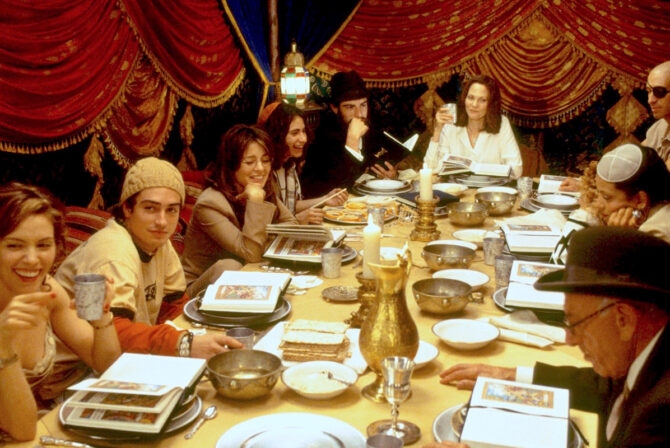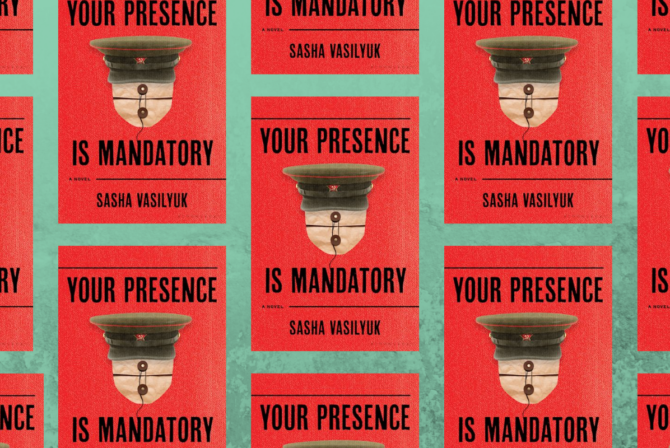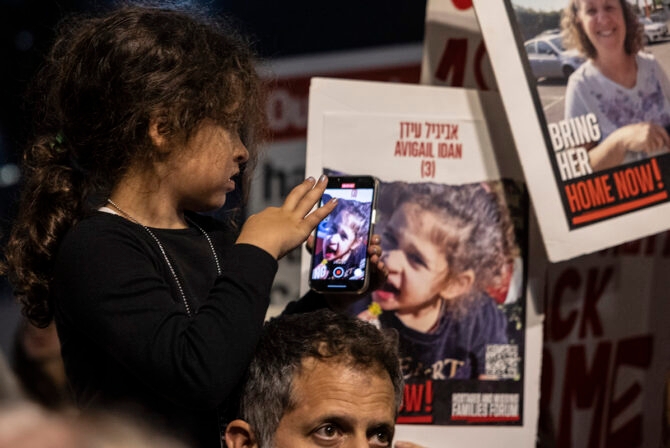Last Monday was rough. My husband was traveling, the kids were all out of sorts, and I was feeling vulnerable and lonely. I tried reaching out to a few friends, but no one was available. So, I put on my new red sweater, found a spot with just the right sunlight, and took a selfie.
After one hour, I had 15 likes, four sweet comments, and two smart ass comments about selfie taking.
The smart asses are right. Taking selfies can be self indulgent, narcissistic, and immature. But, you know what else it can be? A sign that you’re feeling down or lonely.
READ: I’m Freaked Out by the School Bus Horror Stories on Social Media
Pamela Rutledge in Psychology Today wrote that, “Selfies frequently trigger perceptions of self-indulgence or attention-seeking social dependence that raises the damned-if-you-do and damned-if-you-don’t spectre of either narcissism or very low self-esteem.”
I don’t consider myself to be a narcissist or have low self-esteem, but I do notice that I often use social media as a way to reach out in a world that feels increasingly distant.
The benefits of modern conveniences are enormous, but the disadvantage is that we no longer need each other to make it through the day. In fact, I have sometimes gone several days without seeing anyone other than my kids, my husband, and the occasional delivery person. The loneliness can be crushing sometimes.
Social media is an easy way to fill the void of human companionship.
But there is a big difference between having coffee with a dear friend and posting a picture or status update on Facebook. When you are talking to a friend you can reveal a vulnerability that you aren’t always able to do with the hodgepodge of people who make up your Facebook newsfeed.
I’ve found myself using Facebook updates as a sort of puzzle that only my “real” friends can decipher. For instance, if I’m feeling lonely, I might write something like, “So grateful for my good friends,” or if I’ve suffered a major disappointment I might post an inspirational quote about “hope” or “never giving up.”
READ: We Love How the ‘Mommitment’ Campaign Aims to End Mom-Shaming
I get angry with myself about this sometimes. I am not a passive aggressive person in real life, so why would I allow myself to be one on Facebook? Wouldn’t it be better to post nothing at all than to be dishonest?
I’m reminded sometimes of Sarah Tuttle-Singer’s infamous Fakebook essay in which she compares an actual day to how she presented it on Facebook. I, too, am guilty of Fakebooking. We all are, I think. But it’s not just to make other people think our lives are greater than they are—it’s to convince ourselves that they are as well.
When I look back over my Facebook pictures I see real moments, moments that bring me deep joy in my heart. My daughter’s first play, my sons huddled together over a book, my husband and I dancing. These are memories that I am grateful to have a record of and easy access to.
But, there are other things that are recorded on my Facebook page, secret messages woven in between the clever quotes and whimsical moments. That picture of my daughter flexing her muscles was taken the day that she came home in tears because a mean girl had made fun of her drawing and called her a baby. That Virginia Woolf quote about freedom was posted on a day that I was feeling trapped in the suburbs. And, yes, the selfie I posted with my red sweater and the perfect lighting was taken on a day when I was feeling anything but perfect.
While it’s true that these posts might not be entirely genuine, they do serve a purpose. They create a very real picture for me and me alone of both the good and bad memories, and they remind me how I worked through them.
And yes, sometimes, those cryptic messages really do send out warning flags to the people who know me. Many times I have had good friends call me just to check in after reading one too many ambiguous quotes or seeing an abundance of shared articles about how wonderful it is to be a stay-at-home mom.
READ: ‘Hipster Barbie’ Proves You Can Be Jealous of Toys, Too
Once I even had a friend send me a message after seeing a selfie post “just to make sure I wasn’t lonely.”
I was lonely. She took me out for coffee. We shared a great conversation and lots of big laughs. Because that’s what real friends do.
So remember this next time you see a Facebook friend posting selfies. Remember that it is far more likely they are feeling a little down or lonely, rather than just trying to show off. Remember that it is human to crave connection and attention. Remember to be a friend, not a smart ass.







